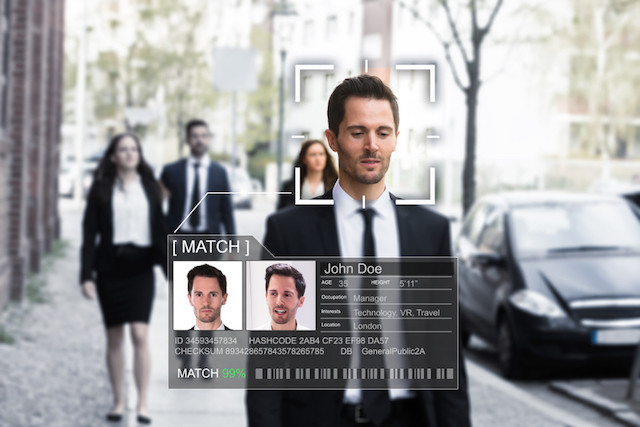Responding to a parliamentary question from Pirate party leader Marc Goergen, interior security minister François Bausch (déi gréng) said that such technology was not used in relation to the network of cameras installed to assist police in the capital.
He added that the CCTV camera network was not connected to any external databank. Furthermore, all footage shot and not requested for investigation purposes is automatically deleted after 60 days.
Facial recognition software is biometric software that maps an individual’s facial features and stores that data as a faceprint. Artificial intelligence is then able to analyse video-feeds to track people. It is mostly used for security purposes, but there is an increase in its use for other areas, raising concerns about privacy and human rights.
Chinese authorities began using facial recognition software in 2017 and reportedly use it to monitor and repress the activities of the Uighur ethnic minority people. In January 2019, London police tested facial recognition for crime prevention in Romford, part of a three-year trial. Not everyone approves of the technology and San Francisco and Oakland banned facial recognition use by public bodies until regulations are in place, according to the FT.
The introduction of CCTV in Luxembourg City in 2007 provoked anger among some, and it was among the key policies when the Pirate party was formed. Former security minister Etienne Schneider (LSAP) responded to a parliamentary question in 2018 saying that from 2007 to 2016, CCTV had helped authorities identify 1,223 suspects in 2,504 crimes reported in areas covered by the camera network.
A week ago, Bausch responded to another parliamentary question from the Pirate party, this time from Sven Clément, in relation to police powers in listening to conversations overheard by personal assistants Alexa, Google assist or Siri.
In a joint answer with justice minister Félix Braz (déi gréng), Bausch wrote that police were permitted to listen through such technological devices but they were not doing so at the moment. A judge may, however, authorise “eavesdropping” in serious cases such as terrorism, he wrote.
